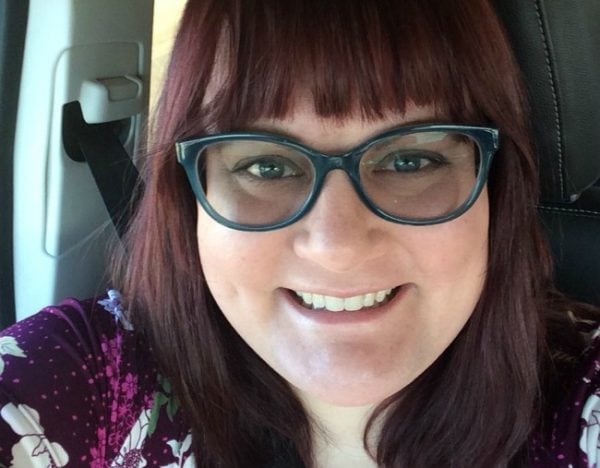It can be an uncomfortable truth: I’m unpretty. Always have been, although the extent of it has varied throughout my life.
Of course, our culture values a certain aesthetic, not only being attractive but displaying wealth and status. It’s easier to reject such notions and practices from the middle of the pack than the bottom, I suppose, but for me, navigating it has been the key to finding healthy self-esteem and healthy relationships.
A few examples to show what I mean:
I didn’t even understand what was happening during a conversation that crystallised this for me the most. In my mid-20s, I lost maybe 30 pounds using appetite suppressants prescribed by a doctor. I felt awesome, working my way up to doing 90 minutes of aerobic exercise most nights and delighting in shopping for clothing at stores that didn’t sell sizes big enough for the old me. I got more attention and become more confident.
I was a journalist covering local courts for a smallish daily newspaper, so I frequently talked with local prosecutors but had less established relationships with defence attorneys. One day, I approached a defence attorney I had spoken with months ago for a quick interview in the courthouse hallway. He was talking with a prosecutor, so I figured I might as well talk with both of them at once.
The prosecutor introduced me and the defence attorney said something to the effect that I was much better looking than the last reporter, making a noise of disgust in reference to the last reporter’s appearance.
Nevermind the inappropriateness of evaluating a professional woman’s looks in comparison to her colleagues’ appearances: I was confused because my predecessor was male. I made a comment to that effect, and the prosecutor tried to smooth things over and push the conversation toward the case at hand.

Top Comments
As long as you're happy with who you are and how you're living your life who cares what you look like. Far better to be ugly on the outside than it is to be ugly on the inside.